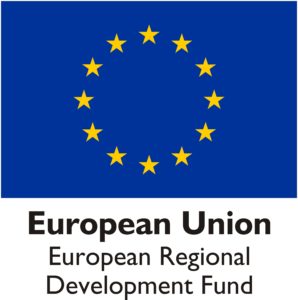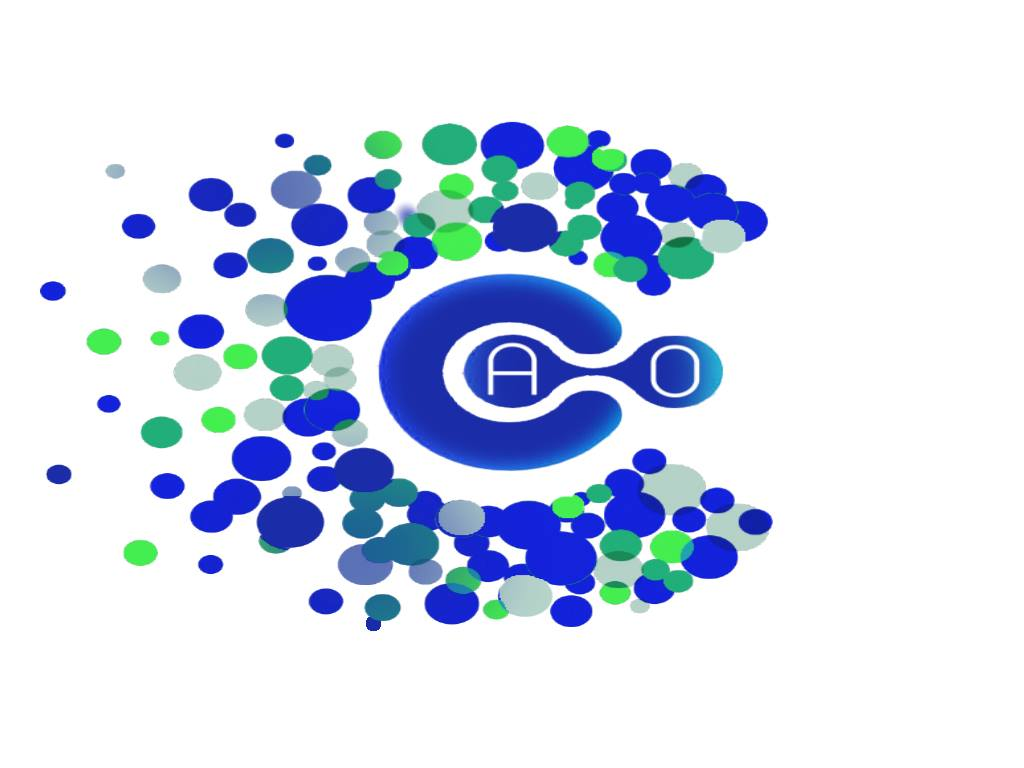ASPiDA
Project Vision
Advances in medicine technology and public health combined with increased information on nutrition and personal hygiene have paved the way for a dramatic increase in life expectancy globally. However, increased life expectancy has led to an increasing ageing population, thus jeopardising the socio-economic structure of many countries in terms of the costs associated with the care, care and well-being of the elderly. In order to address the growing need for social care services for elderly people, it is necessary to develop affordable, discreet and easy-to-use healthcare solutions: The technology of “smart homes” – smarthouses, which include smart IoT “Internet of Things” devices – environmental and portable medical sensors, actuators and modern information communication technologies – allow continuous and remote monitoring of the activity of the elderly at low cost compared to traditional painful practices. Smart homes enable the elderly to stay in their comfortable home environment instead of costly and psychologically aggravating care facilities while at the same time this practice allows caregivers and doctors to monitor in real time the overall health status of the elderly and provide remote support.
The use of traditional medical practices does not adequately respond to the challenges of the needs of the elderly, while they cost significantly. For this reason, new ideas, policies and technologies must be developed and put at the service of man. Aspida aims to exploit and develop the technologies of the Internet of Things, medicine, kinesiology, micro-nano electronics, robotics, automatic control, communications and digital development, etc. in order to deliver a new tool for the assistance and independent living of the elderly. By enhancing the safety of the home environment for themselves and their families, it seeks to reduce the impact of falls and to diagnose problems related to it in a timely manner, by developing a pioneering system to enhance active aging and improve the quality of life within a smart home, significantly reducing costs for the state and aiming to anticipate and prevent recovery.
This research has been co-financed by the European Union and Greek national funds through the Operational Program Competitiveness, Entrepreneurship and Innovation, under the call RESEARCH-CREATE-INNOVATE (project MIS: 5069164)

![]()

with the co-financing of Greece and the European Union

